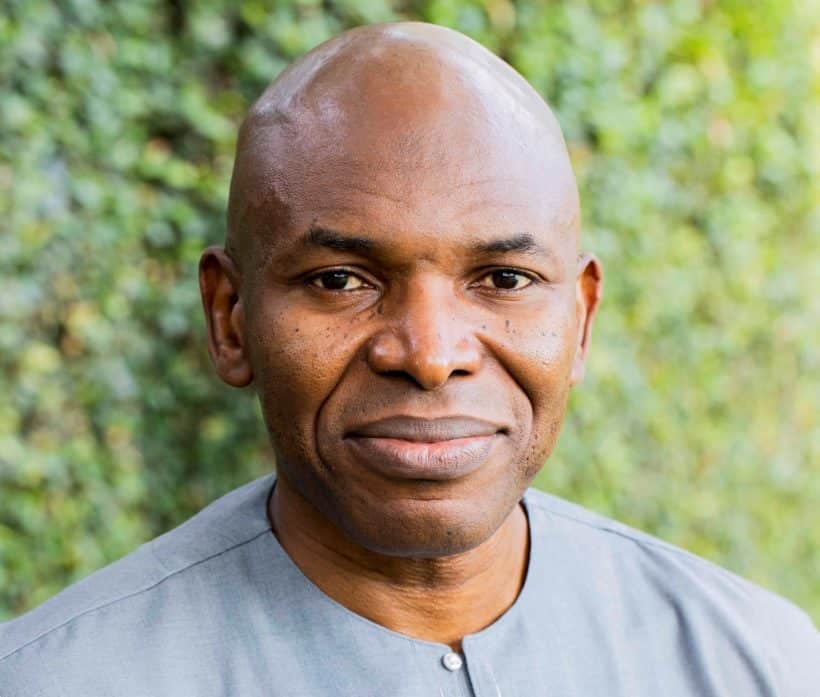Water underpins all life forms, and the water situation in Africa is diverse. Within a country or region, the situation can shift from water scarcity to abundance. This necessitates tailored measures to protect sources of water from— water catchments, lakes, rivers, streams, or wetlands— without disrupting the natural systems and livelihoods that depend on it.
Across the continent, there is an urgent need to conserve freshwater ecosystems to safeguard the important services that they play in supporting communities as a source of water for domestic use and agriculture, as well as supporting livelihoods through fishing and the use of water for energy production, whether hydropower or cooling. This is in addition to being home to 12 percent of the Earth’s known species, including mammals, birds, fish, insects, and plants—a richer diversity of life forms per unit area, compared to land and oceans.
However, these healthy freshwater ecosystems and their sources are dwindling, as water flows and levels are receding. The continent, and indeed the whole world, is staring at a crisis that is both about water scarcity and loss of biodiversity. This is due to multiple threats facing freshwater ecosystems, including climate change; invasive species, such as water hyacinth; and overdependence, as well as direct degradation, from farming, industry, and pollution. These risks need to be addressed to maintain water’s many benefits to African people and the planet. It is just as urgent to conserve its rich biodiversity with the continent’s population projected to double by 2050, exerting more pressure on natural resources.
Unfortunately, when it comes to protection, freshwater systems have historically not received as much attention as land and oceans, a trend that is starting to be reversed. Leading with science, The Nature Conservancy (TNC) is bringing together governments, communities, NGOs, and private sector, to help protect and restore these sources of life that we depend on.
Solutions to protect these water sources must be long-lasting and tailored to an area’s unique features. For instance, different approaches would be needed for the wet Congo Basin covering nine countries, and the expansive Okavango, the world largest inland freshwater delta, whose terminal basin never reaches the sea and almost all its water is from Angola. Besides, because it is expensive to move water from one place to another, it calls for locally applied solutions that also consider the prevailing circumstances and do not disrupt economic activity.
Development and the environment can co-exist, with neither suffering at the expense of the other. TNC has been at the forefront in championing replicable, nature-based, public-private approaches across the continent with a track record of success. This is transforming Gabon into a model for smart development, applying conservation science in freshwater and hydropower planning to support its green ambition; and using a web-based freshwater conservation blueprint tool to evaluate development scenarios for ones that benefit people and nature the most while minimizing harm. In the Lake Tanganyika basin that covers Tanzania, Zambia, Burundi, and the Democratic Republic of the Congo, it is about rapidly scaling fisheries co-management best practices, combining ground-breaking science, local knowledge, and proven methods. In the Okavango Basin, this has taken a multi-pronged approach that proactively bundles conservation efforts with smart development and sustainable financing to maximise positive economic, social, and environmental benefits, while forestalling risks and mitigating unavoidable impacts. And in Kenya, the Upper Tana-Nairobi Water Fund has inspired cities across the continent to set up programs that work with communities to protect watersheds for the benefit of upstream and downstream users. Africa needs more initiatives like these.
To accelerate the pace and scale of conserving freshwater ecosystems, significantly more investment is needed. Different actors, from government and development finance institutions to non-profits and communities, also need to work together to arrive at low cost, high impact and replicable solutions. Local communities must be an integral part of such efforts, as stewards and holders of knowledge and rights, leaning on their traditional approaches while protecting their social, cultural, and economic interests.
To sustain our rivers and lakes for the incalculable benefits to people and planet, we must all coordinate and collaborate our conservation actions, including those for cross-border rivers and lakes. It is time for the world to work together in implementing the goals for protecting and restoring freshwater sources, while avoiding risks, for the benefit of generations to come.
